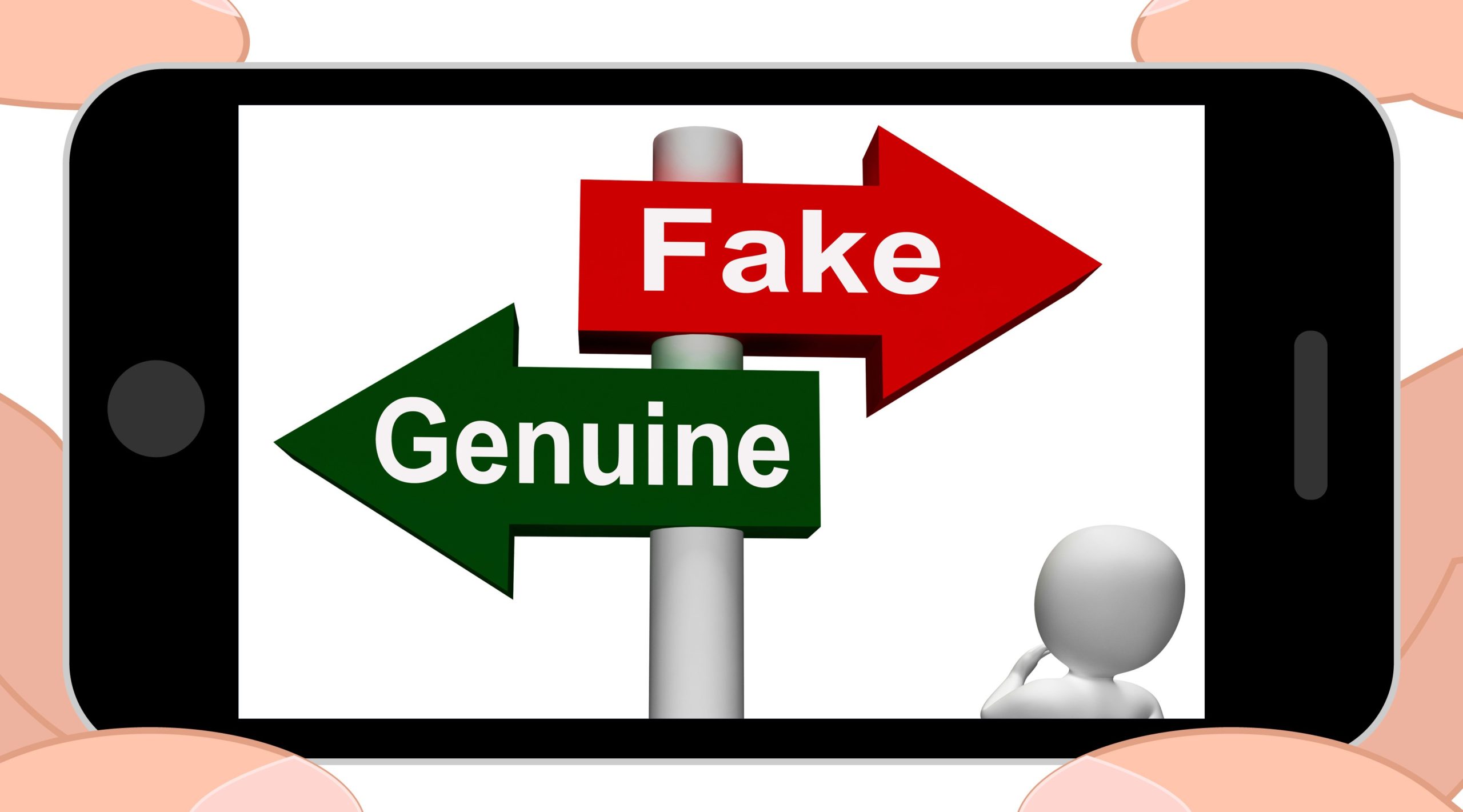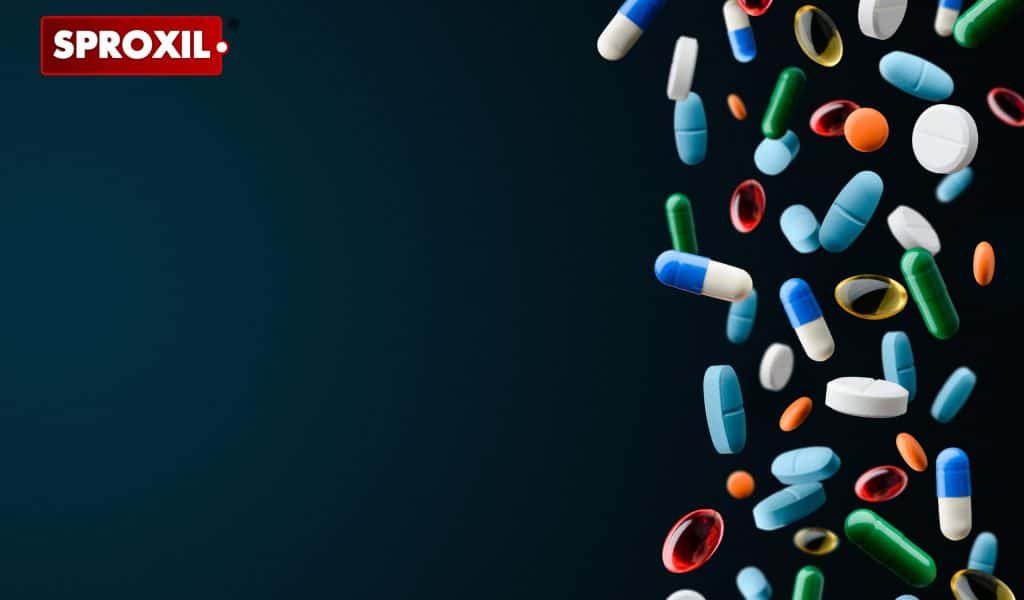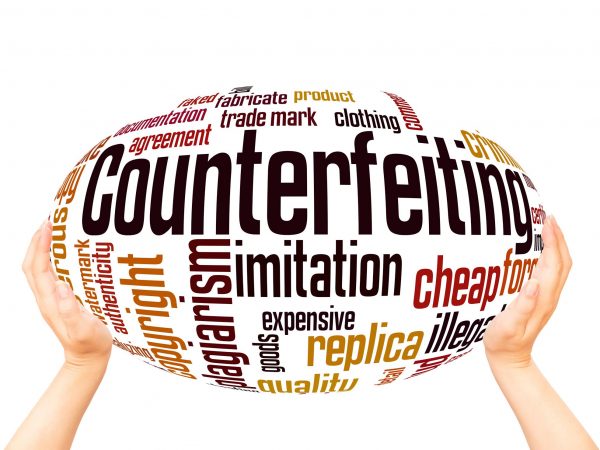Only months after the The US Pharmacopoea (USP) assisted in the discovery of fake antimalarials in Ghana, a West-African nation, major studies are now beginning to reveal the true depth of the drug quality problem. Recent studies have shown that almost half of the antimalarials in Senegal are substandard. The drugs tested in Senegal failed standard pharmacovigilance tests that determine the quantity and quality of active pharmaceutical ingredients (APIs) and physical drug properties, such as dissolution. Failing an API test means that the patient could be taking a placebo, or even worse, a drug tainted with toxins.The consumer in Senegal isn’t a lone victim. The situation isn’t much better in other African nations: 26% of antimalarials in Uganda are substandard. In Madagascar, it’s slightly higher at 30%. Uganda only recently switched from monotherapy antimalaria drugs to the combination therapy antimalarials. The counterfeiters switched too.
It is key that consumers have appropriate purchase decision support at the point of healthcare: all the drugs tested in Senegal had a fraction of the recommended API, but impotent antimalarials risk boosting the malaria parasite’s resistance to the real drugs. If consumers have the right tools to steer them away from sub-standard medication, such drugs will pose less of a risk to human life. The malaria parasite’s resistance isn’t boosted when fake and sub-standard drugs are left on the shelf.
We commend the U.S. Agency for International Development (USAID) for supporting the Drug Quality and Information (DQI) program and the USP for implementing the Promoting the Quality of Medicines (PQM) initiative. Such efforts will help bring more evidence to the fore as we get better data to quantify the real extent of the fake drug menace.



